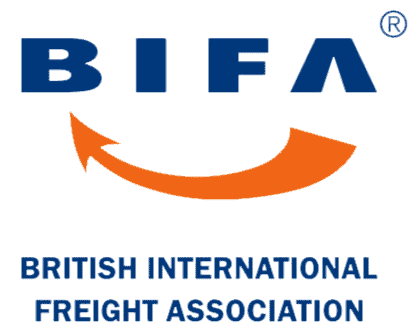What you can expect with LCL & FCL
When shipping via sea-freight, you can either fill a container (FCL) or share a container (LCL). But what is the difference and what is best for your shipment? That depends on a few factors outlined below.
What is FCL?
FCL (full container load) is when you use an entire container to transport your goods. When shipping FCL, there is a flat rate for the container, and you fill it entirely with your own shipment.
What is LCL?
LCL (less than container load) consolidates multiple supplier shipments into a shared container. This allows businesses to move smaller stock quantities and pay for the space they use instead of for an entire container.
LCL and FCL Pros and Cons
Neither method is superior; it just depends on which is more suitable for your needs. What is more appropriate depends on the size and volume of your shipment. There are advantages and disadvantages for each depending on your situation and budget. We have made a list of pros and cons for each below to help you decide which method is best for your business and freight requirements.
FCL Shipments
PROS
CONS
LCL Shipments
PROS
CONS
Considerations
Financial considerations will heavily influence the choice of shipping method, however, suppliers must also consider security. With grouped shipment, loading and unloading operations at possibly various ports may give more opportunity for damage, loss, or theft of goods. Clients who need secure transport prefer to use FCL as the container is sealed after loading and will not be opened again until it arrives at its destination.
For more information about our FCL/ LCL services or if you have an unusual load request, reach out to our sales team on 01268 525 444 or email sales@barringtonfreight.co.uk.


